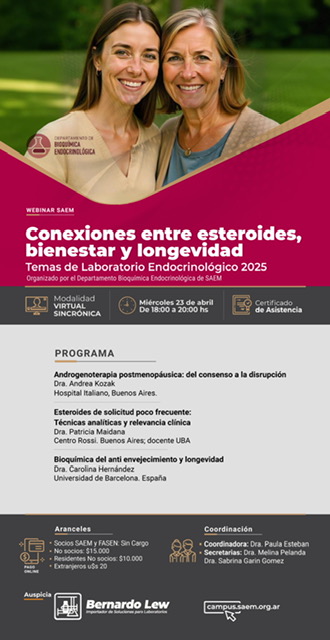The new Working Group on Artificial Intelligence and Genomic Diagnostics (WG-AIGD) is part of the Emerging Technology Division (ETD). Artificial intelligence (AI) is an important emerging technology, and in the future, it is likely that this technology will become embedded in many aspects of medicine. In particular, it is expected to play a key role in laboratory medicine.
Accordingly, a familiarity with this technology and its scope, applications, accessibility, and limitations will become important in the practice of laboratory medicine in the future. The focus of this WG is the area defined by the intersection of artificial intelligence,
genomics, and clinical diagnostics.
Members of the new WG-Vol are: Dr. Larry Kricka (Chair), Dr. Linnea Baudhuin (Member), Dr. Adam Ertel (Member), Dr. Paolo Fortina (Member), Dr. Tom Hope (Member), Dr. Chris McCudden (Member), Dr. Jason Park (Member), Dr. Sergei Polevikov (Member),
Daniel Satchkov (Member).
The terms of reference for the new working group are (i) to evaluate and monitor emerging trends and directions of research and development in the field defined
by the intersection of artificial intelligence, genomics, and clinical diagnostics, (ii) to develop an in-depth assessment of the application of AI (deep learning, machine learning) in genomic (molecular) diagnosis, (iii) to develop periodic updates of the applications
of AI in clinical genomic testing, (iv) to assess the accessibility and the barriers to routine implementation of AI in clinical genomic testing, and (v) to develop a resource that will inform the IFCC community on developments and trends in the applications of artificial intelligence in clinical genomic testing.
Planned projects include a survey of the clinical diagnostic applications of AI in genomics, including recent literature, companies, clinical diagnostic products, and clinical trials.
Input into this survey will be solicited from the wider academic, clinical diagnostic,
and industry community. In view of the continuing pandemic, we will specifically assess the role of AI in genomic tests for detecting COVID-19.
Other projects will explore the utility of AI-based search engines in searching the AI and genomics literature for emerging diagnostic applications. An important activity for the WG will be to develop recommendations/best practices for clinical laboratories validating and/or evaluating AI-based diagnostic or prognostic methods (e.g., minimum elements of a method that need to be shared to evaluate and/or validate a method).




















































